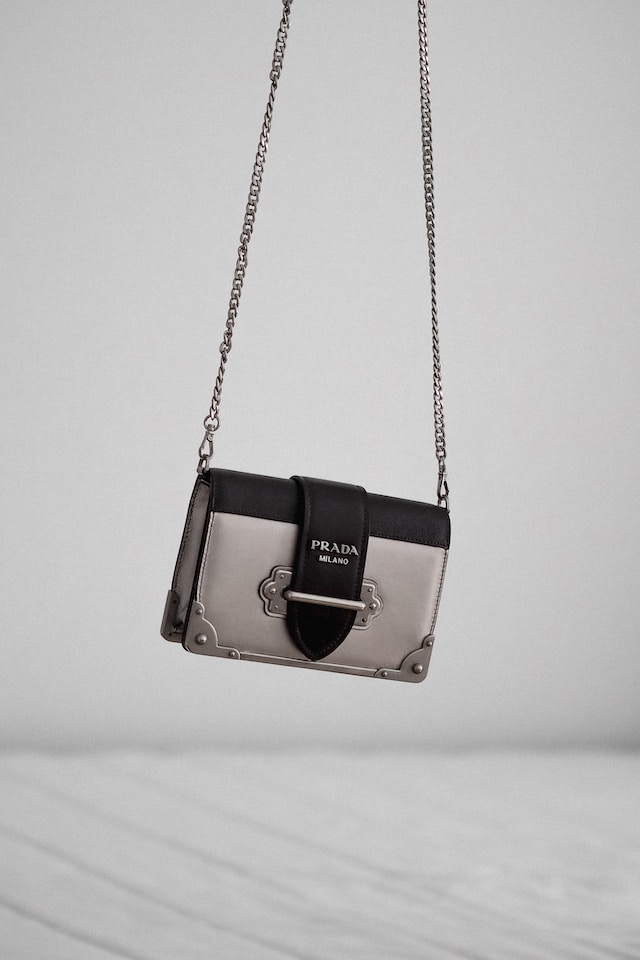Introduction
The allure of luxury fashion brands like Louis Vuitton is undeniable, as their iconic designs, quality craftsmanship, and prestigious reputation have captured the hearts of fashion enthusiasts worldwide. However, the high price tags associated with these items often place them out of reach for many. Enter the world of Louis Vuitton replica a controversial trend that seeks to provide access to these coveted designs at a fraction of the cost. In this blog, we delve into the intricate world of Louis Vuitton replicas, exploring their origins, impact, legality, and the ethical considerations surrounding their production and consumption.
The Genesis of Louis Vuitton Replicas
The phenomenon of replicating luxury fashion items dates back decades, but it has gained significant traction in recent years due to the accessibility of information and technology. Louis Vuitton, known for its distinct monogram pattern, has become a prime target for replication due to its recognizability and popularity. Replicas can range from simple knock-offs to painstakingly detailed imitations that mimic even the smallest design elements.
The Controversy Surrounding Replicas
The proliferation of Louis Vuitton replicas raises various ethical and legal concerns. Luxury fashion brands invest heavily in design, craftsmanship, and innovation. Replicating their products can be seen as a direct infringement on their intellectual property rights. Counterfeit goods can also fund illegal activities and exploit workers in unregulated production environments.
Legal Implications
The legality of purchasing and selling Louis Vuitton replicas varies by country. Many countries have laws in place that protect intellectual property rights and prohibit the production and sale of counterfeit goods. However, enforcement of these laws can be challenging, and online platforms have made it easier for replica sellers to reach a global audience. Consumers who knowingly purchase replicas could also face legal consequences in some jurisdictions.
Impact on the Fashion Industry
Louis Vuitton replicas undoubtedly impact the fashion industry in multiple ways. Luxury brands lose revenue due to the availability of cheaper imitations, which can hinder their ability to invest in innovation and maintain their brand’s exclusivity. The proliferation of replicas can also dilute the brand’s image, as consumers might associate the genuine products with the lower-quality replicas they encounter.
Ethical Considerations
The ethical implications of purchasing Louis Vuitton replicas are complex. While replicas allow individuals to experience the aesthetics of luxury fashion at a lower cost, they contribute to an industry that often operates with little regard for labor standards, environmental impact, and quality control. Supporting counterfeit goods perpetuates an industry that lacks transparency and accountability.
The Search for Alternatives
For those who admire the design and style of Louis Vuitton but are uncomfortable with the ethical and legal issues surrounding replicas, there are alternatives. Second-hand marketplaces, where authentic pre-owned luxury items are sold, provide a more ethical and sustainable way to enjoy luxury fashion without directly contributing to replica production.
Conclusion
The world of Louis Vuitton replicas is a multi-faceted and controversial landscape that touches on intellectual property, ethics, economics, and personal choices. While replicas may offer a temporary taste of luxury, they come with a range of consequences that impact not only the fashion industry but also the individuals who engage with them. As consumers, it’s essential to be aware of the broader implications of our choices and to explore alternatives that align with our values and aspirations.
